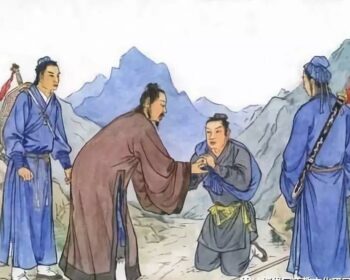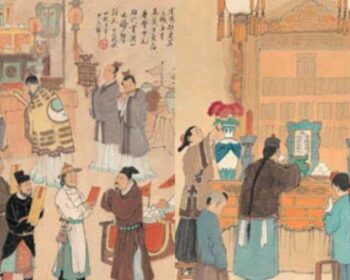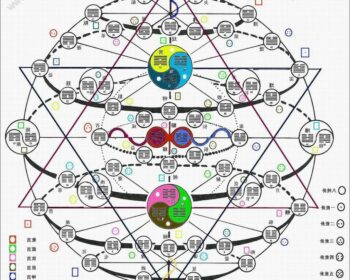It is often said “Taoist do not burn 檀香 sandalwood.” However, nowadays there are many Taoists that burn sandalwood in Taoist temples, but they do not use it in “Lǐ Dòu 礼斗” (Ceremony of the
Read more

It is often said “Taoist do not burn 檀香 sandalwood.” However, nowadays there are many Taoists that burn sandalwood in Taoist temples, but they do not use it in “Lǐ Dòu 礼斗” (Ceremony of the
Read more
This year the first of 24 solarterms of the Chinese calendar falls on Feburary the 4th 2022. This day we call “Li Chun立春”.
Read more
Bai Shi拜师 is the ceremony when a student becomes a disciple, entering the door into the family or tradition of the master. For most students this is one of the most important rituals they look
Read more
Zhong Yuan Jie is one of three festivals to honour the ancestor and on that day the Ghost-Gates are opening 鬼门开 Gui Men Kai. Although 7th Lunar month is called the Ghost-Month , in ancient
Read more
Religious Daoism (道教 Daojiao) is the indigenous religion of China that holds longevity and immortality as its highest belief. It advocates attaining longevity (長生 Changsheng) and immortality (成仙 Chengxian) through a process of nourishing life
Read more
一者不得阴贼潜谋,害物利己。当行阴德,普济群生。 First: Do not become a traitor with hidden plan or harm things to benefit yourself; undertake actions with secret morality and help all beings. 二者不得杀害含生,以充滋味。当行慈惠,以及昆虫。 Second: Do not kill but cherish life, supply
Read more
The secont part will introduce more items and accessories in detail and give historical background informations.
Read more
A deep insight into daoist headwear and hair styles, introduction of the items and accessories in detail and historical background informations.
Read more
“San-Tu” in Taoism means three special places. These are the most horrifying places in the universe. They are the place in hell where the blaze of death burns, the place in hell where the animals
Read more
Taoist philosophy has its roots in “Yi-Jing”. “Yi-Jing” is a Chinese classic, it states “Wu-Ji” (Nothingness) gives rise to “Tai-Ji” (Unity); “Tai-Ji” gives rise to “Liang-Yi” or Dual equilibrium; “Liang-Yi” gives rise to “Si-Xiang” or
Read more